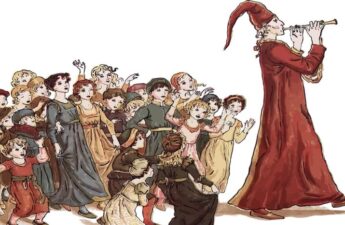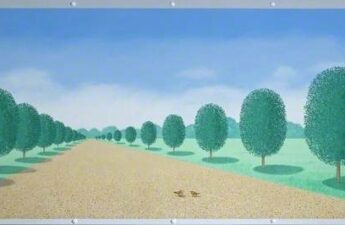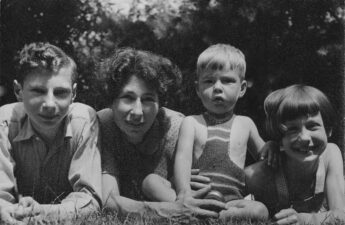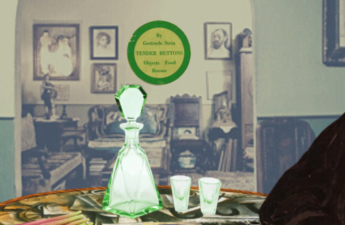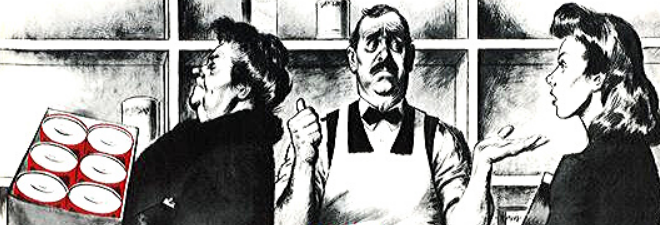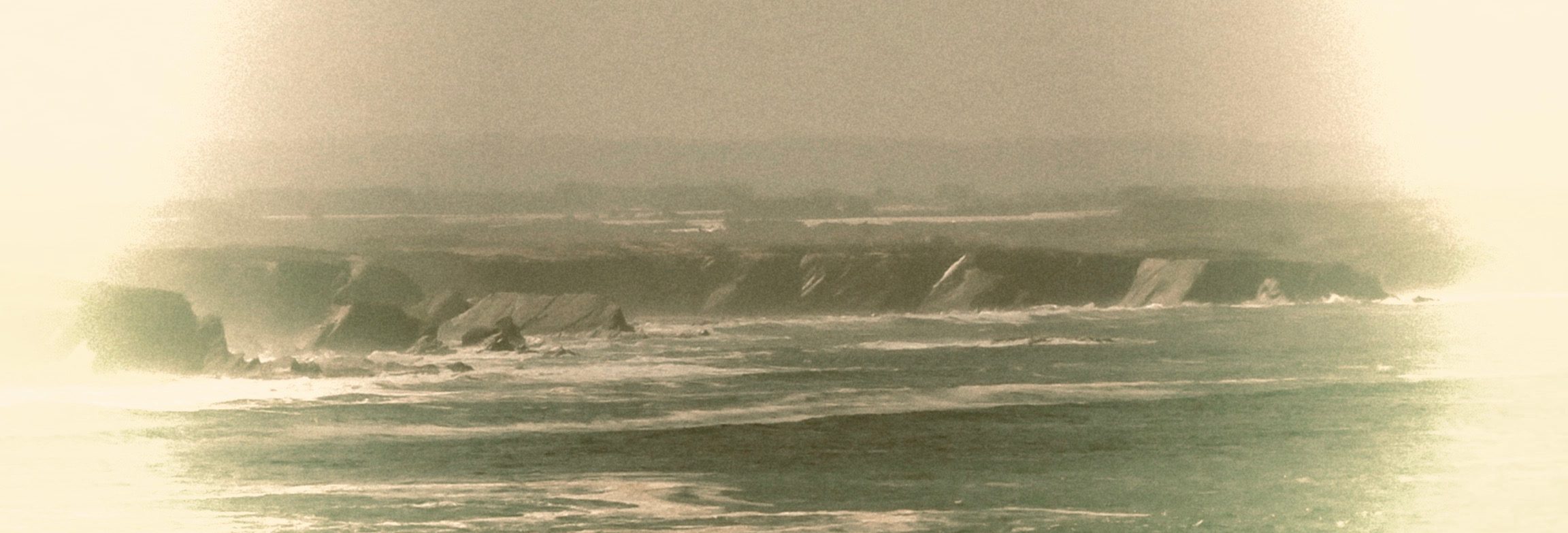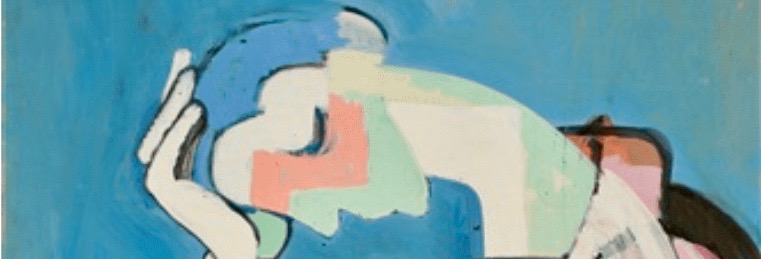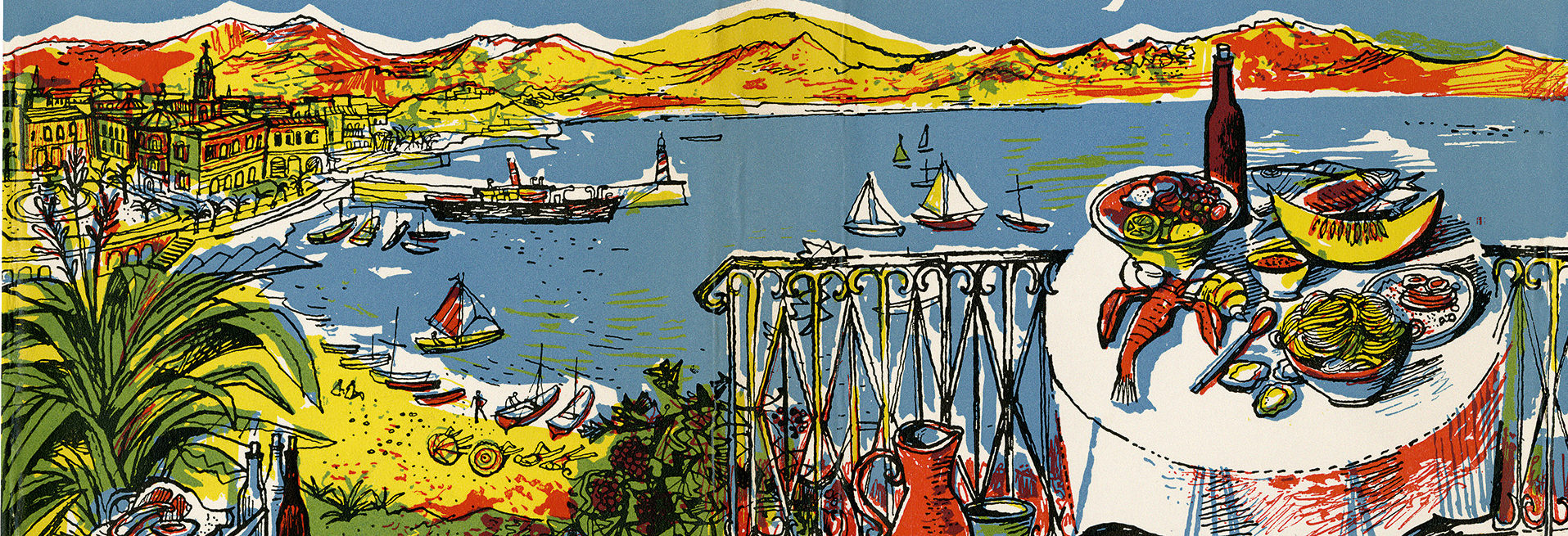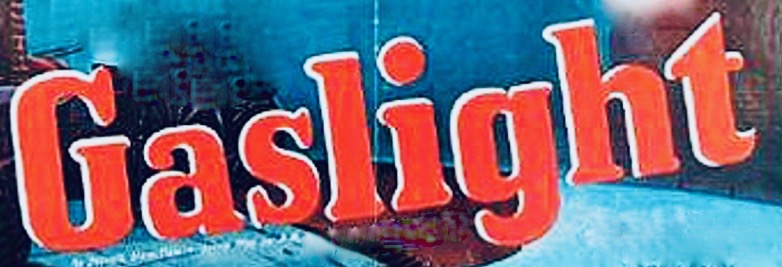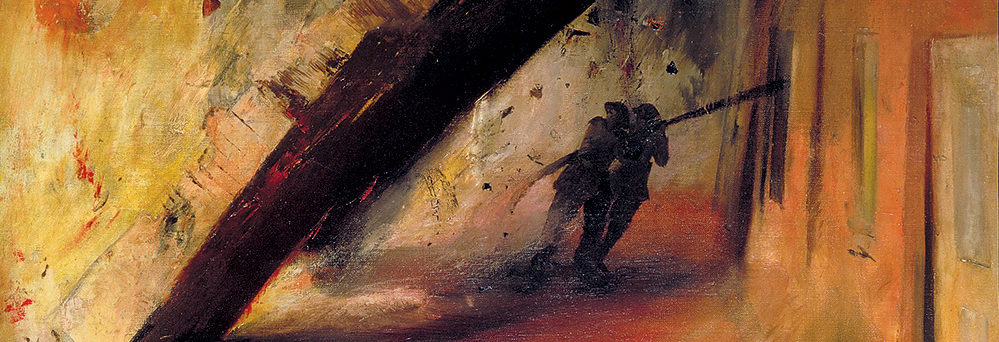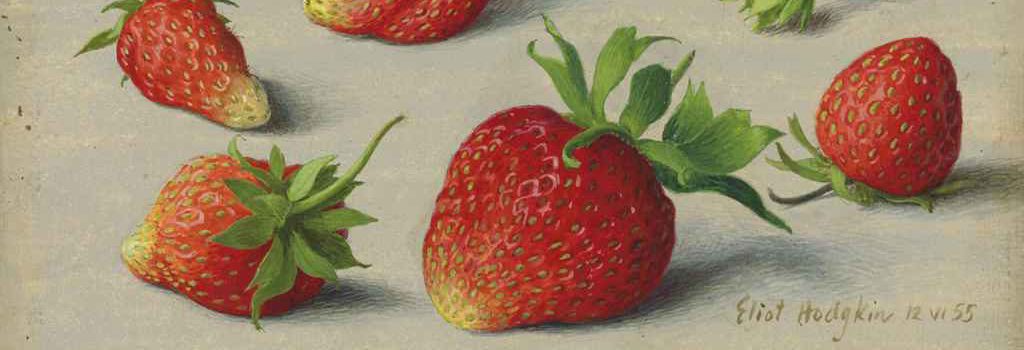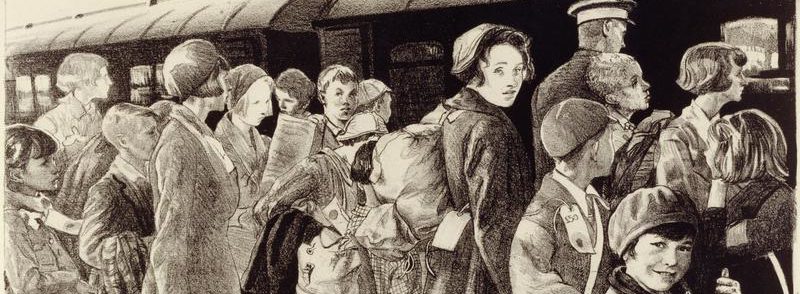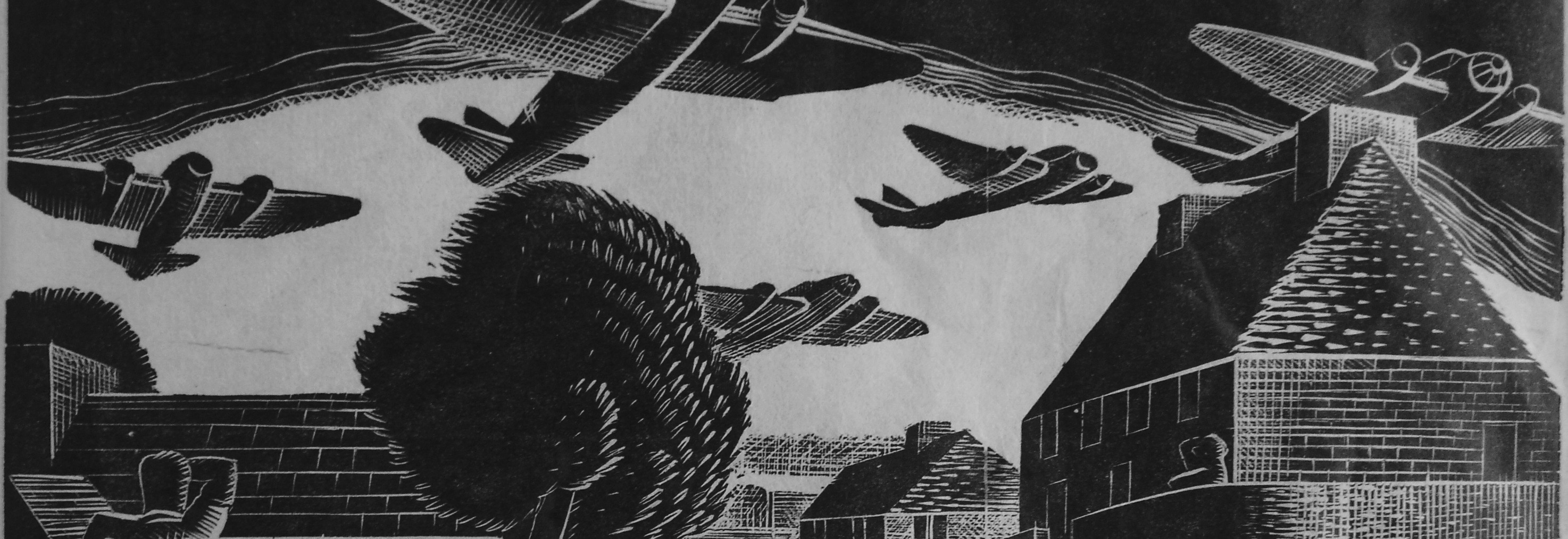In Hamelin in Lower Saxony. there’s an inscription on a wooden beam on the side of the Rattenfangerhaus (rat catcher’s house). An English translation on the plaque reads: In the year 1284 on the Day of John and Paul, the 26th of June, 130 children born in Hamelin were led away by a piper dressed in many-coloured clothes to Calvary…
Tag: WW2
Get the vaccine. Climb a drainpipe
As is ever the case, I found these images on the IWM site while actually looking for something else. They just seemed to have a little relevance today given the frothing of the anti-vaxxer minority. Apparently, Dr. Fauci has claimed he went to the North Pole personally to vaccinate Santa Claus against COVID-19. I don’t know whether Santa received immunization…
Where does Good Enough Come from?
It was Donald Winnicott, of course, who coined the phrase good-enough in connection with parenting. He first introduced the term in 1953 although he had worked on the concept for years and the idea is there in his advice to parents in his wartime radio broadcasts. Basically, it recognizes the need for children to learn that: a mother is neither…
Secret Agent, Mother, Saboteur, Bomb-maker, Spy Chief, Novelist, Housewife
As of last week, the only thing I knew about Agnes Smedley was that The Feminist Press had reissued her most famous book and that the poet Robert Lowell had objected that she – a known communist sympathizer – was allowed to stay at Yaddo – the artists’ colony in Saratoga Springs. Getting to know her a little better has…
Gertrude Stein: Collage and Code
While T.S.Eliot was skulking about in green face powder, Gertrude Stein was communing with Cubists and inventing linguistic collage. And – this is amazing – developing the code book for the Special Operations Executive of WW2. Picasso was a frequent visitor to Stein’s salon and they became friends. While Picasso and the other Cubists were cutting and pasting and…
Mental Health, Leadership and the Plan for That
They say the war is over. But water still Comes bloody from the taps. from ‘Redeployment,’ Howard Nemerov In April 1961 the BBC Light program broadcast the first episode of a new radio drama: The Avenue Goes to War. It was based on the R. F. Delderfield novel of the same name. It’s the story of one suburban street in…
Coastal Command
My uncle Lawrence Holford was killed by a Bristol Beaufighter. Maybe two. My father worshipped his older brother Laurie, and growing up my brother and I heard the story that he was killed in the Brighton Blitz while serving as a special reserve constable with the Brighton police. I imagined a lone policeman on dark streets, German bombers overhead, searchlights…
Jeanne Mammen In Ruins and Recovery
Before the Nazis took power in 1933 Jeanne Mammen earned her living as a commercial artist, selling her work to film producers, fashion magazines and satirical journals. Her work portrayed the vibrant life of the big city. She chronicled the nightlife of Weimar Berlin capturing scenes from bohemian dives and proletarian bars to elegant cabarets and exclusive Lesbian clubs. This…
About Isms He was Never Wrong: George Orwell at the Café Royal
George Orwell had an interesting chance encounter with a blasé conspiracy theorist at the Café Royal in 1940. (See left). The young man is in the grip of a dangerous fallacy. As always with autocracy and totalitarianism, Orwell nails it. The fallacy is to believe that under a dictatorial government you can be free inside. Quite a number of people console themselves…
Much Ado About Food: Kate Atkinson and Elizabeth David
Novelists and film makers often struggle to find the right period details to anchor their work in a particular era. And when it’s a much mined time and place – London in WW2 for example – it often results in rolling out the same set of shorthand cliches. You know the drill – the air raid siren, a gas mask…
Much Ado About Deception and Delusion: Kate Atkinson’s Transcription and London 1940
The sandwich was no comfort, it was a pale limp thing a long way from the déjeuner sur l’herbe of her imagination. . . . Recently she had bought a new book, by Elizabeth David — A Book of Mediterranean Food. A hopeful purchase. The only olive oil she could find was sold in her local chemist in a small bottle. ‘For softening…
Falling Wall
I began this post in 2017. The original focus was Louis MacNeice’s’s poem “Brother Fire”. MacNeice was a fire-watcher during the London Blitz which meant that he spent nights on rooftops watching for, and reporting, fires caused by incendiary bombs. The poem expresses a human kinship with the destructive power of fire: O delicate walker, babbler, dialectician Fire, O enemy…
Bitter Strawberries
Farm work is one of the best jobs for getting to know people as they really are. The First Job and the Sweetest Sylvia Plath’s first job was on a farm in the summer of 1950. I am grateful to the inestimable Maria Popova (Brain Pickings) for these extracts from her journal and from an article in which…
Saplings
I’m not giving anything away by quoting the deep irony of the last lines of Saplings: Turns you over, don’t it, to think of the children? I was saying to my daughter only yesterday, we got a lot to be thankful for in this country. Our kids ‘aven’t suffered ‘o’-ever else ‘as. – (361) That last sentence translated from the…
Under the Radar: The Hedge Hoppers and the Hardest Day
After early mist the morning of Sunday August 18 1940 was bright with clear skies. It came to be known as the hardest day in the Battle of Britain. The detail from Diana Gardner’s wood engraving makes it seem like night but there is a figure on the bottom left looking up and shielding his eyes from the sun. It…
